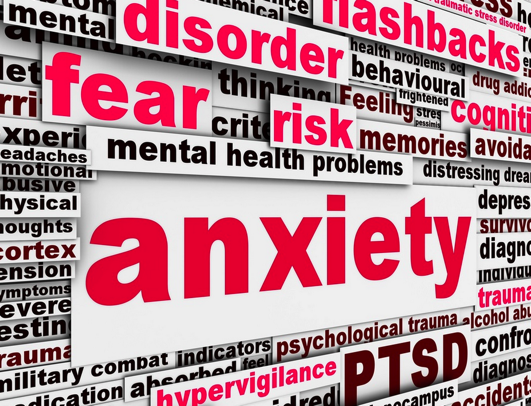Mental Health | Depression, Anxiety episodes predict memory decline

 Mental Health Matters | Episodes of depression and anxiety experienced in early through middle adulthood are associated with a decrease in memory function by age 50.....
Mental Health Matters | Episodes of depression and anxiety experienced in early through middle adulthood are associated with a decrease in memory function by age 50.....
.....according to a study published online in The Lancet Psychiatry.
“We found that the more episodes of depression people experience in their adulthood, the higher risk of cognitive impairment they have later in life,” said researcher Darya Gaysina, PhD, senior lecturer in psychology at the University of Sussex in the United Kingdom.
“This finding highlights the importance of effective management of depression to prevent the development of recurrent mental health problems with long-term negative outcomes.”
The study used data from the National Child Development Study, a United Kingdom cohort of more than 18,000 people. When Dr. Gaysina and colleagues analyzed data for participants from birth through age 50, they found an accumulation of affective symptoms over 3 decades was a strong indicator of decreased memory function in midlife.
Although a single episode of depression or anxiety had little effect on memory function, according to the study, 2 or 3 episodes while participants were in their 20s, 30s, or 40s predicted a steady decrease in memory function by age 50.
“We knew from previous research that depressive symptoms experienced in mid-adulthood to late-adulthood can predict a decline in brain function in later life, but we were surprised to see just how clearly persistent depressive symptoms across 3 decades of adulthood are an important predictor of poorer memory function in mid-life,” said researcher Amber John, a PhD student at the University of Sussex. Verbal fluency, information processing speed, and accuracy scores appeared relatively unaffected by episodes of depression and anxiety, researchers reported. However, the association between persistent affective symptoms and loss of memory in mid-adulthood could predict dementia in older adulthood, they pointed out.
Verbal fluency, information processing speed, and accuracy scores appeared relatively unaffected by episodes of depression and anxiety, researchers reported. However, the association between persistent affective symptoms and loss of memory in mid-adulthood could predict dementia in older adulthood, they pointed out.
“From an individual’s perspective, this research should be a wake-up call to do what you can to protect your mental health, such as maintaining strong relationships with friends and family, taking up physical exercise, or practicing mindfulness meditation—all of which have been shown to boost mental health,” John said. “Then of course, seeing your general practitioner for advice if you feel you need help with depression or anxiety.”


